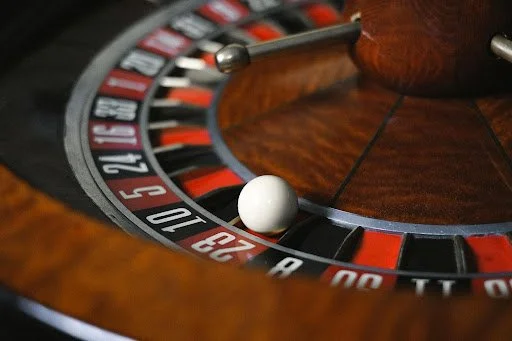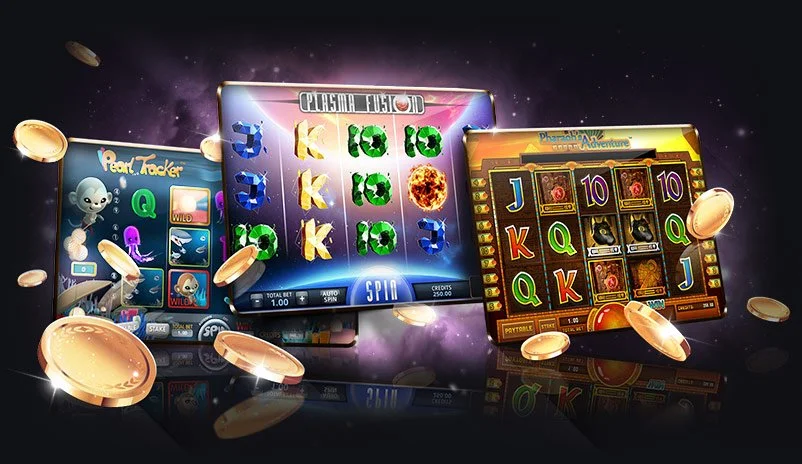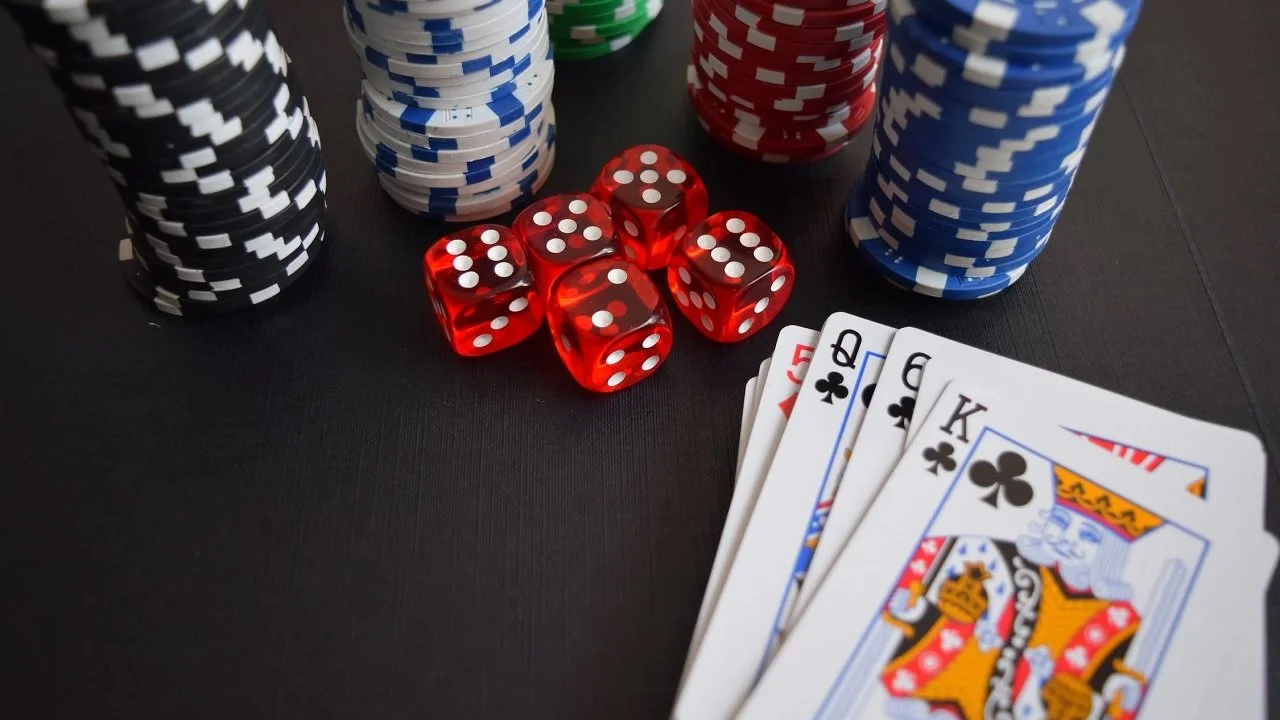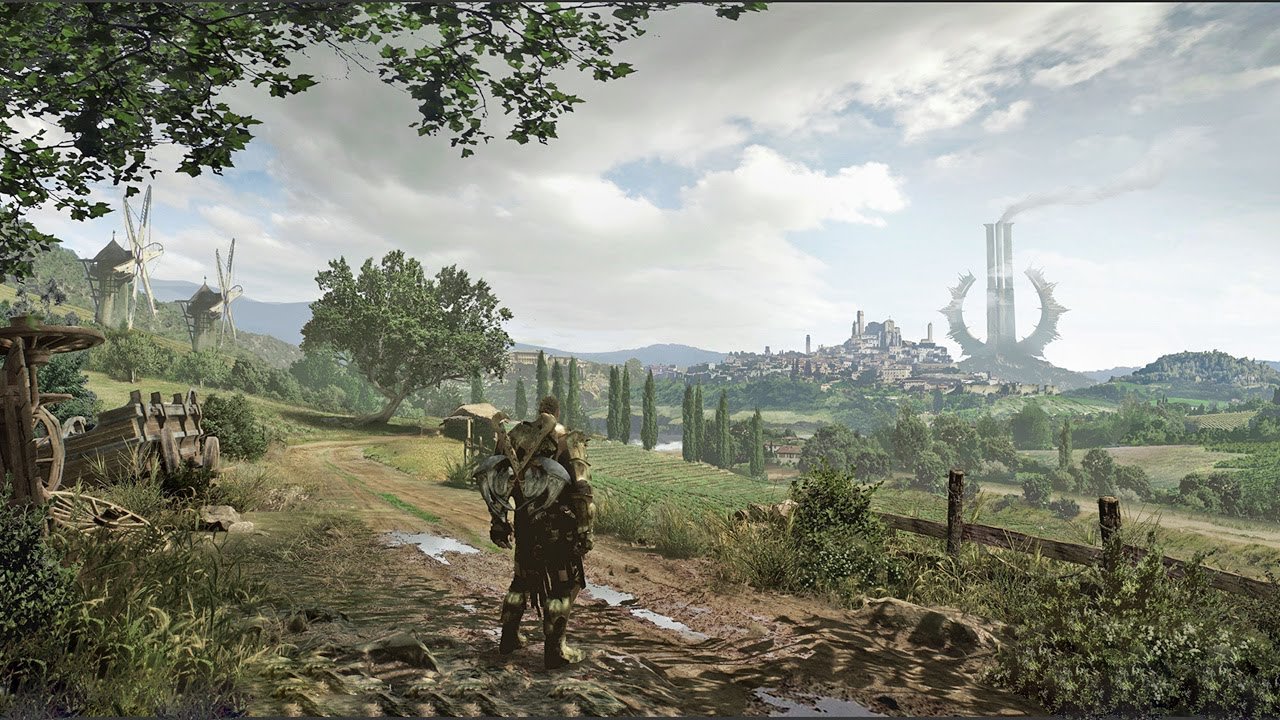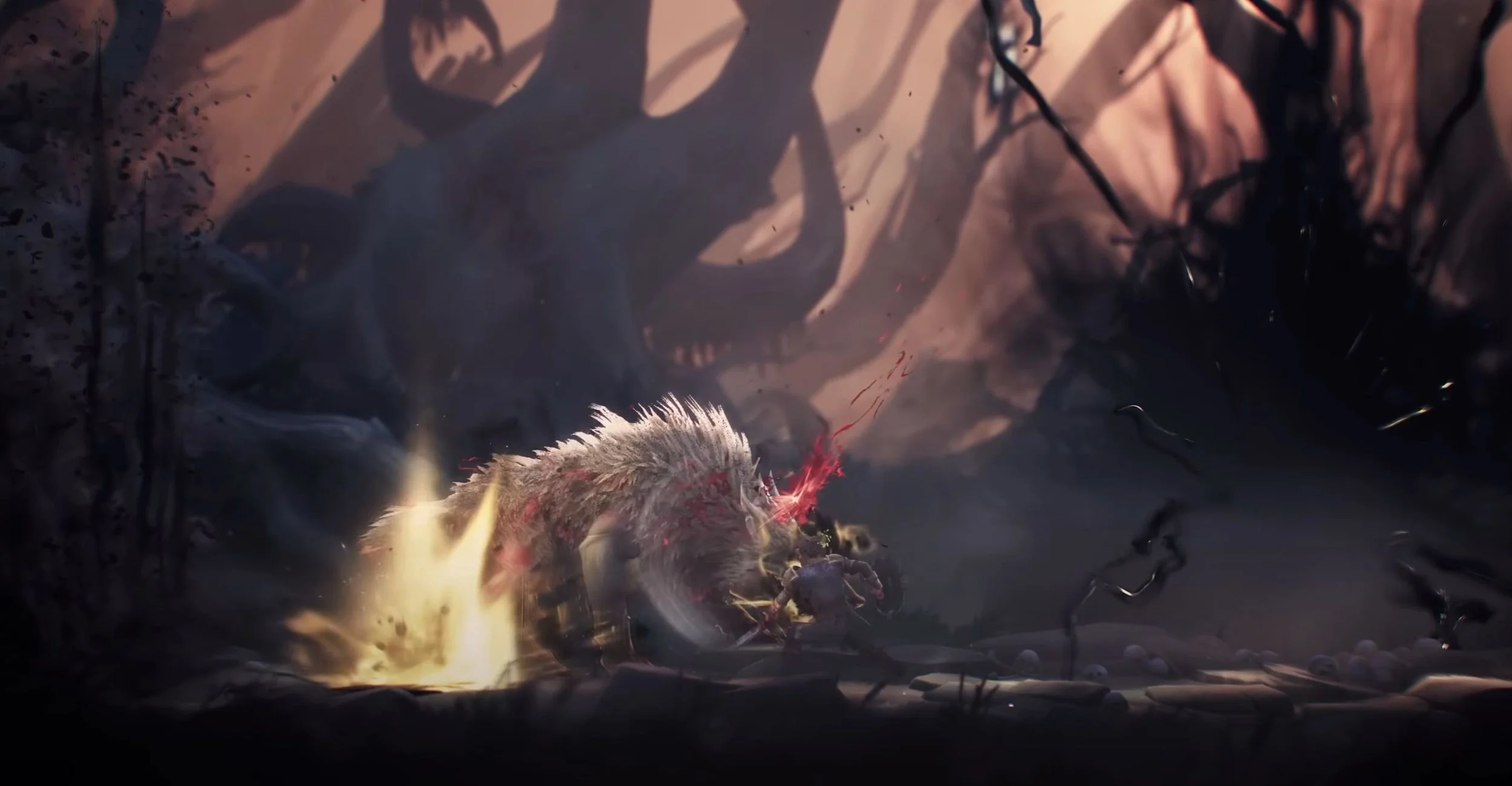Roulette has always been a tantalizing combination of strategy and fate, in which players get to test their fortunes on the storied revolving wheel. That pull has been transferred into modern gaming culture, with developers giving fresh spins (the literal and figurative sort) to proven casino staples.
Most titles borrow from the vibrant, unstructured nature of roulette, with mechanics that pay for risk or penalize error in ways that make the action thrilling. Even the concept of a Roulette Bonus has crossed over into mainstream video games, adding extra levels of tension as players try to accomplish better outcomes or gain hidden rewards.
Below is an examination of how roulette elements crop up in different video games, demonstrating the endless possibilities that ensue when creators take this time-honored casino favorite and make it the foundation for something new.
Whether in role-playing missions or puzzle games, roulette is redefined in innovative ways, turning the wheel of fortune into a feature to remember.
Roulette as a Game-Changing Mechanic
In others, roulette appears as a cameo, it is not more than a faint appearance. It gets incorporated as a central element in the gameplay cycle in some titles. Role-playing games (RPGs) particularly like incorporating random elements to drive combat or story development.
A player may roll a wheel to decide the impact of a skill or to choose which character receives a boost in stats at important moments. This takes the unpredictability of gambling and marries it with the foresight of traditional RPGs, so players must decide how, when, and why to employ chance. Such systems can create suspense in boss fights, where the victory might rest on spinning an extremely specific result.
The aspect of randomness gives rise to drama, as people either dance along with sheer luck or desperately remake when the spin fails. Introducing a touch of randomness to each interaction provides designers with an element of dynamism that challenges gamers to be efficient in how they use resources while hoping the luck remains with them.
Merging Roulette into Action Games
Action gameplay like shooters or hack-and-slash games never shies away from adding high-octane action, so roulette-influenced mechanics are even more suitable. Instead of being a stand-alone minigame, the player could be instructed to "spin" a weapon wheel in combat, selecting randomly assigned firepower or special abilities.
It can level the playing ground, forcing veterans and novices alike to adapt their strategy based on what the wheel gives them. In cooperative multiplayer games, such randomness can promote teamwork and strategy, especially where certain spins trigger buffs for other players. Such a sense of risk and reward brings new energy to every fight, as platoons adapt strategies based on the mercurial nature of luck.
Through careful balancing of potential rewards and risks, developers ensure that roulette-based mechanics retain a sense of fairness but continue to provide the rush typical of an action game.
The Enjoyment of Minigames
Not all applications of roulette in video games attempt to redo the wheel, some simply seek to be an enjoyable distraction from main stories. Picture some open-world saga wherein, in addition to all the shady taverns, there exists a hidden casino, with miniature roulette tables among them.
Mini-routes offer a peaceful break from storytelling quests, with thrill-seekers rewarded with special items or advantageous bonuses. It is what renders such side activities so compelling that in-game money is exchanged across, usually being worth more than one thing within a game. A mini-game roulette jackpot might pay for upgrades to equipment or crucial quest-piece items.
Losing, however, introduces tension as players weigh whether the gamble is worth the payout. Rather than being tacked on, side games contribute to immersion by placing focus on chance as a general condition of the game's world.
Roulette-Inspired Puzzle Designs
Puzzle games rely on well-crafted challenges that require strategic planning or lateral thinking. Roulette, when introduced, can be a creative mechanic that offers players a challenge to match colors, symbols, or objects on a spinning board. The state of the puzzle can change with each spin or offer new possibilities.
The constant motion forces players to anticipate outcomes and realign their strategy in real-time. For instance, a puzzle might require pattern matching as the board rotates like a roulette wheel. With every rotation or tilt, the setup can drastically alter, necessitating several steps of planning.
This approach turns the puzzle into a game of timing and moves of planning, Players must study the momentum of the wheel and predict where each piece will land. While luck comes into play, skilled manipulation of the puzzle wheel distinguishes casual players from puzzle wizards.
Roulette as a Narrative Device
A roulette wheel can also be used as a narrative device that dictates character growth or plot advancement. Spinning wheel-based games such as these use the wheel to represent fate or morals, which then propel the story.
In branching narratives, a dramatic turn of events at a critical point can decide the direction of the story ahead, introducing an element of surprise to keep gamers in suspense. The designers can assign story consequences to each part of the wheel, so it becomes a physical embodiment of destiny.
This approach resonates loudly with visual novels or episodic games in which the choice of the player is the key. By adding random over well-crafted story moments, players are forced to enjoy the complexity of life. Random outcomes can generate interesting alliances, betrayals, or even character changes. The roulette wheel, in this sense, enforces uncertainty elements that are most frequently at the center of quality storytelling.
Balancing Fairness and Fun
A difficulty faced by developers when adding roulette to games is harmonizing the random nature of chance with fairness. The thrill of a spin can soon become frustration if results consistently penalize the player. A solution for this is that many games include safety nets, such as assured consolation prizes or incremental advancement.
These features keep tension present without alienating those preferring more control. For competitive games, equity is paramount. Skill-based systems are commonly incorporated into the gameplay mechanics, with luck playing a part in the game, not dominating it.
This can manifest as second-chance tokens, money back on partially completed spins, or skill inputs that affect the ultimate result of the spin. Done correctly, these systems can heighten player interest and make the game replayable.
The Future of Roulette in Gaming
As developers experiment with emergent technology, such as virtual reality and cloud computing, there is potential for even more innovative roulette mechanics. Virtual reality, for example, can put players into a casino setting in which they physically spin the wheel.
Cloud infrastructure could enable gigantic multiplayer lobbies for cooperative or competitive roulette games, blurring the line between video games and virtual social events. In the future, roulette mechanics may evolve further into deeper strategic and narrative tools, rather than just surface-level probability mechanics.
Whether used as a fundamental gameplay mechanic or as a creative side activity, the timeless appeal of spinning the wheel has been proven time and again. With innovative applications across genres, developers continue to find new ways to capture that perfect combination of tension, excitement, and the ever-present surprise of fate that roulette embodies.
